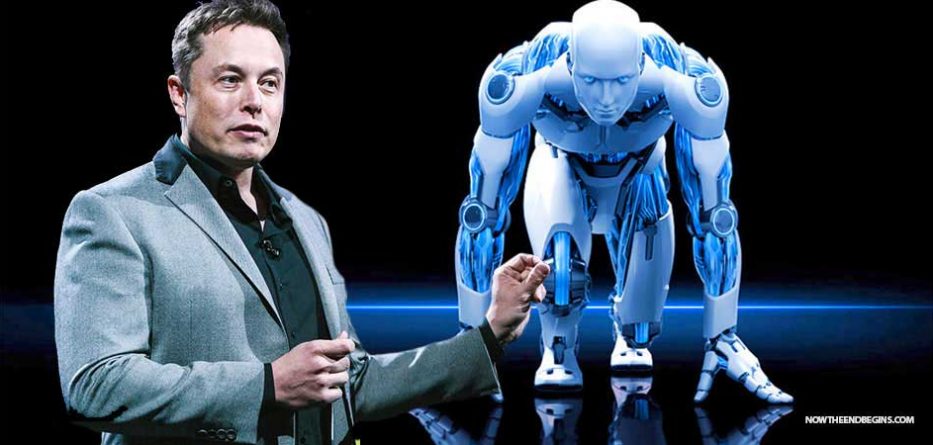Tech executive and billionaire entrepreneur Elon Musk took to Twitter Sunday night to say the future potential of robots will be surprising and potentially scary, so lawmakers need to regulate artificial intelligence.
In response to a twitter post of a humanoid robot made by Boston Robotics jumping up on raised surfaces with the caption, “we dead,” Musk responded with a warning:
“This is nothing. In a few years, that bot will move so fast you’ll need a strobe light to see it. Sweet dreams…”

This is not the first time the billionaire tech exec has hammered home the frightening potential of AI. But Robots being able to move quickly is not all scary — it is also a valuable productivity tool, according to Musk. At the beginning of November, on a conference call with investors discussing Tesla ‘s third quarter financial results, Musk said the production of Tesla cars will depend on robotics working quickly.
“It’s remarkable how much can be done by just beating up robots…adding additional robots at choke points and just making lines go really, really fast. Speed is the ultimate weapon,” says Musk.
Also on Sunday evening, Musk tweeted a reminder that artificial intelligence needs to be regulated by federal lawmakers.
“Got to regulate AI/robotics like we do food, drugs, aircraft & cars. Public risks require public oversight. Getting rid of the FAA [wouldn’t] make flying safer. They’re there for good reason,” Musk writes. He published the comment with a link to the music video “Regulate,” a rap song released in 1994 from the artists Warren G and Nate Dogg.
“AI is a rare case where I think we need to be proactive in regulation than be reactive,” according to Musk, speaking to the National Governors Association in July.
His call for regulation is because he says the potential for robotics, if let to develop unchecked, threatens human existence.
“I have exposure to the most cutting edge AI, and I think people should be really concerned by it,” says Musk. “AI is a fundamental risk to the existence of human civilization in a way that car accidents, airplane crashes, faulty drugs or bad food were not — they were harmful to a set of individuals within society, of course, but they were not harmful to society as a whole.”
Not all tech executives are so dire in their warnings. Facebook founder and CEO Mark Zuckerberg , for example, has said that artificial intelligence will improve life in the future.
“I have pretty strong opinions on this. I am optimistic,” says Zuckerberg . “I think you can build things and the world gets better. But with AI especially, I am really optimistic. And I think people who are naysayers and try to drum up these doomsday scenarios — I just, I don’t understand it. It’s really negative and in some ways I actually think it is pretty irresponsible.”

